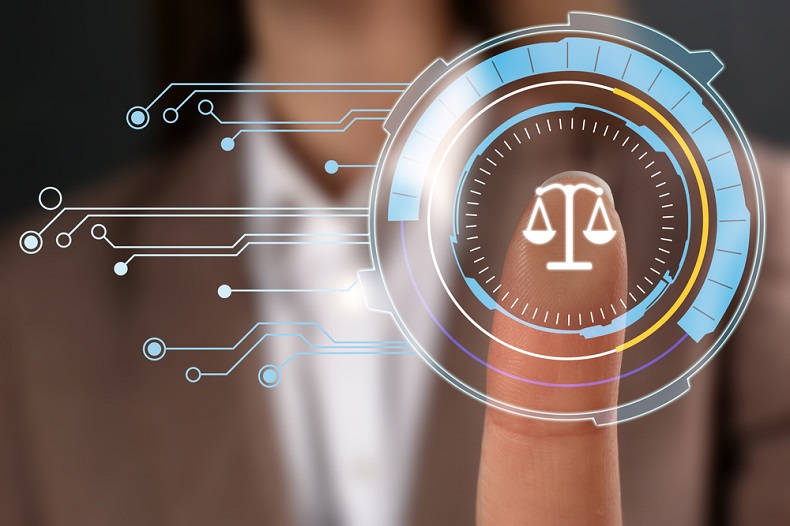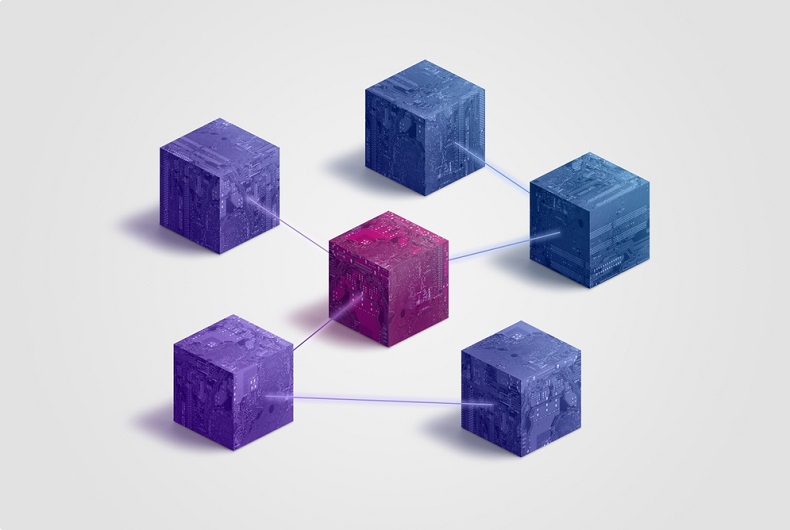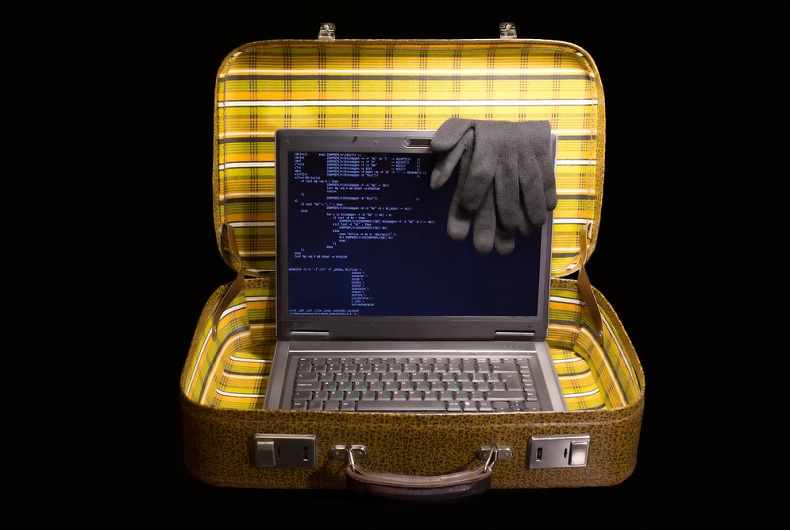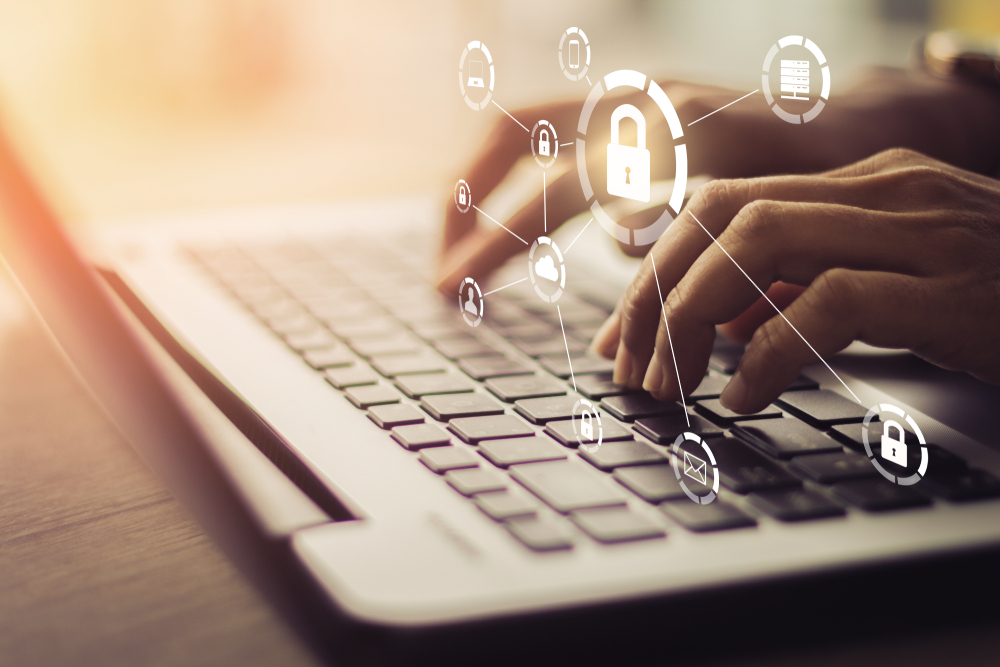-
 The Future of Lawyers: An interview with Richard Susskind - Legal Tech, AI, Big Data And Online Courts what you need to know about how AI, big data, and online courts will change the legal system.
The Future of Lawyers: An interview with Richard Susskind - Legal Tech, AI, Big Data And Online Courts what you need to know about how AI, big data, and online courts will change the legal system. -
 Legal practitioners have been forced to reconsider how to market their firm, perform work and run their practices. The need for change has forced many firms to change their models, relying heavily on technology.
Legal practitioners have been forced to reconsider how to market their firm, perform work and run their practices. The need for change has forced many firms to change their models, relying heavily on technology. -
 PwC's Annual Law Firms’ Survey 2020: Embracing change to succeed, sees business priorities for law firms being to improve the use of technology, to standardise and centralise processes, and to improve service.
PwC's Annual Law Firms’ Survey 2020: Embracing change to succeed, sees business priorities for law firms being to improve the use of technology, to standardise and centralise processes, and to improve service. -
 Employees are not the only ones who benefit from working from home; a company can benefit just as greatly from a remote employee. Telecommuting can limit absences, increase productivity, and save money. With telecommuting the idea of the office space is changing but many are saying that it is for the better.
Employees are not the only ones who benefit from working from home; a company can benefit just as greatly from a remote employee. Telecommuting can limit absences, increase productivity, and save money. With telecommuting the idea of the office space is changing but many are saying that it is for the better. -
 The very nature of blockchain technology lends itself to risks which need to be considered and observed by software developers. They include lack of third party protection, the lack of privacy, jurisdictional issues, and governance.
The very nature of blockchain technology lends itself to risks which need to be considered and observed by software developers. They include lack of third party protection, the lack of privacy, jurisdictional issues, and governance. -
 The COVID-19 pandemic has accelerated the adoption of digital technology – and South Africa’s courts have not been left behind, despite the legal profession’s reputation of being slow to embrace new ways of working.
The COVID-19 pandemic has accelerated the adoption of digital technology – and South Africa’s courts have not been left behind, despite the legal profession’s reputation of being slow to embrace new ways of working. -
 Ever-evolving technology is not just a trend, and businesses need to stay informed as they evolve and adapt to remain relevant. So too must legal professionals as they ensure that the layperson develops an understanding of the fibre of laws and regulations which regulate such interactions for the collective good.
Ever-evolving technology is not just a trend, and businesses need to stay informed as they evolve and adapt to remain relevant. So too must legal professionals as they ensure that the layperson develops an understanding of the fibre of laws and regulations which regulate such interactions for the collective good. -
 The Covid-19 pandemic has seen a number of industries and organisations adopt virtual working over this period, but organisations will also need to take steps to safeguard employees’ mental health, say Phetheni Nkuna and Faatimah Essack of Lawtons Africa.
The Covid-19 pandemic has seen a number of industries and organisations adopt virtual working over this period, but organisations will also need to take steps to safeguard employees’ mental health, say Phetheni Nkuna and Faatimah Essack of Lawtons Africa. -
 Establishing regulatory legal Fintech frameworks, and an awareness of the underlying assets attributing value to tokens is crucial in assessing risk appetite for tokens and similar securities.
Establishing regulatory legal Fintech frameworks, and an awareness of the underlying assets attributing value to tokens is crucial in assessing risk appetite for tokens and similar securities. -
 With virtual or remote working here to stay, initiated by the current COVID-19 crisis, employers should address the legal concerns that may be faced.
With virtual or remote working here to stay, initiated by the current COVID-19 crisis, employers should address the legal concerns that may be faced.
 Lexis Nexis
Lexis Nexis